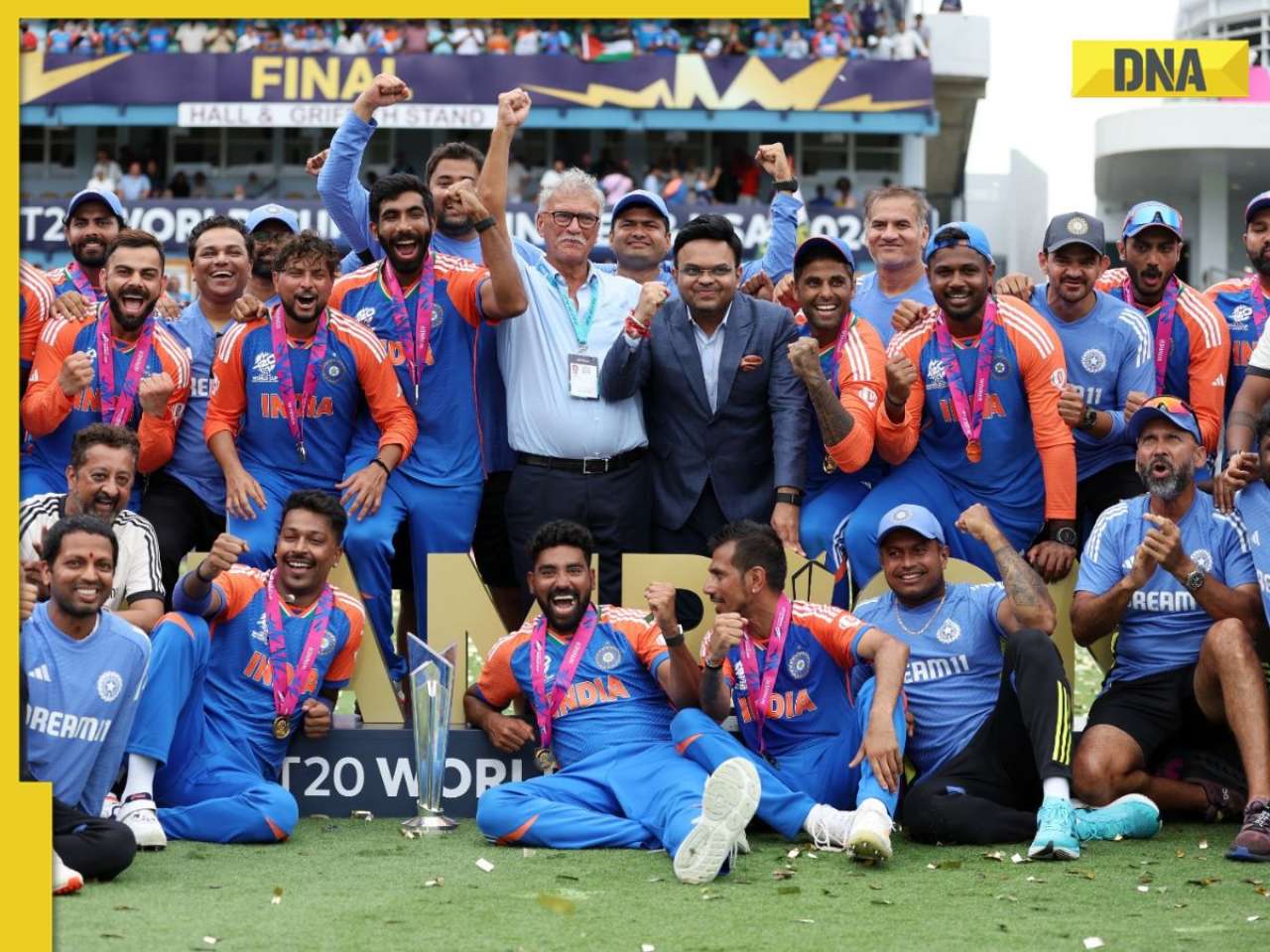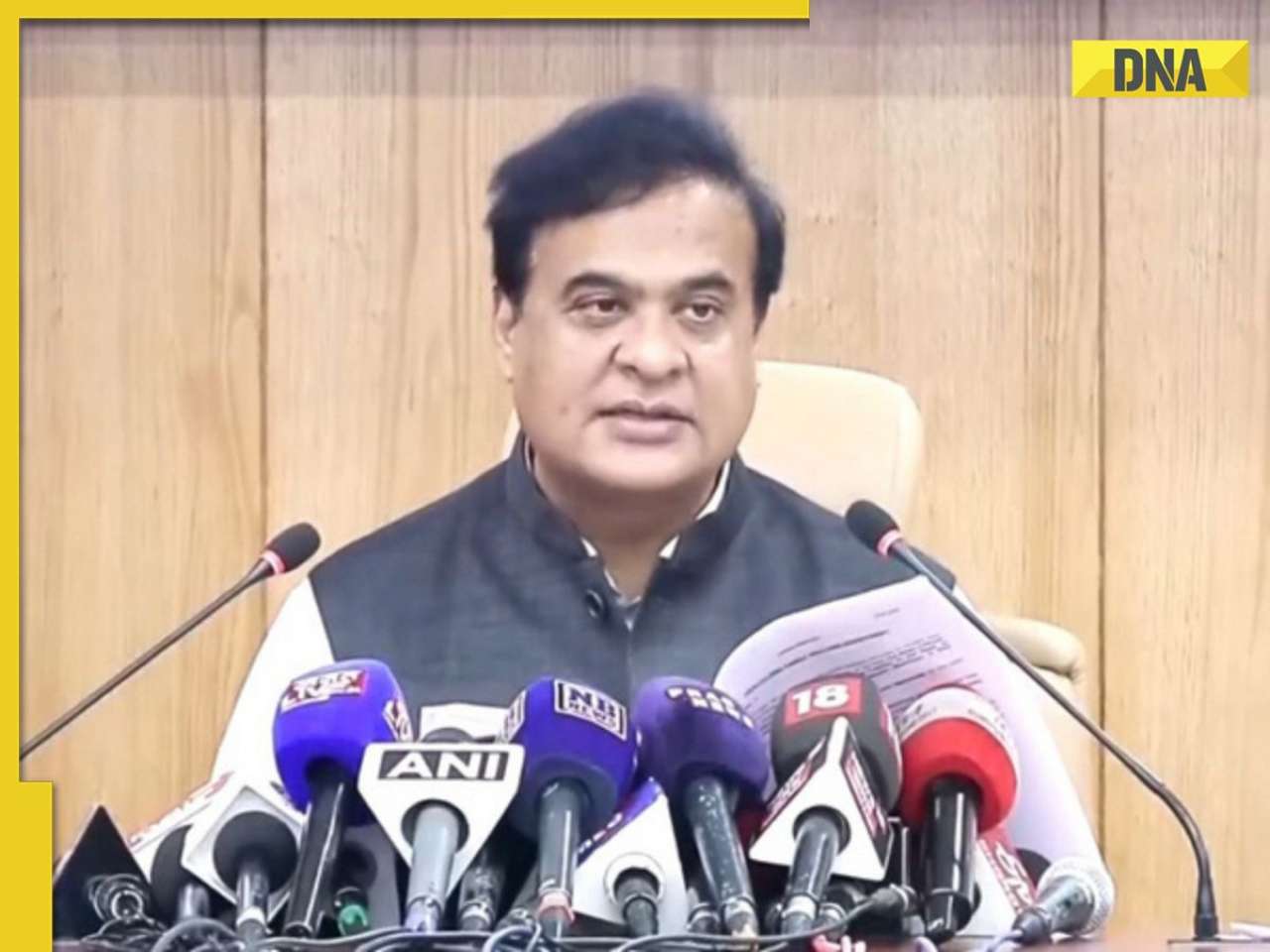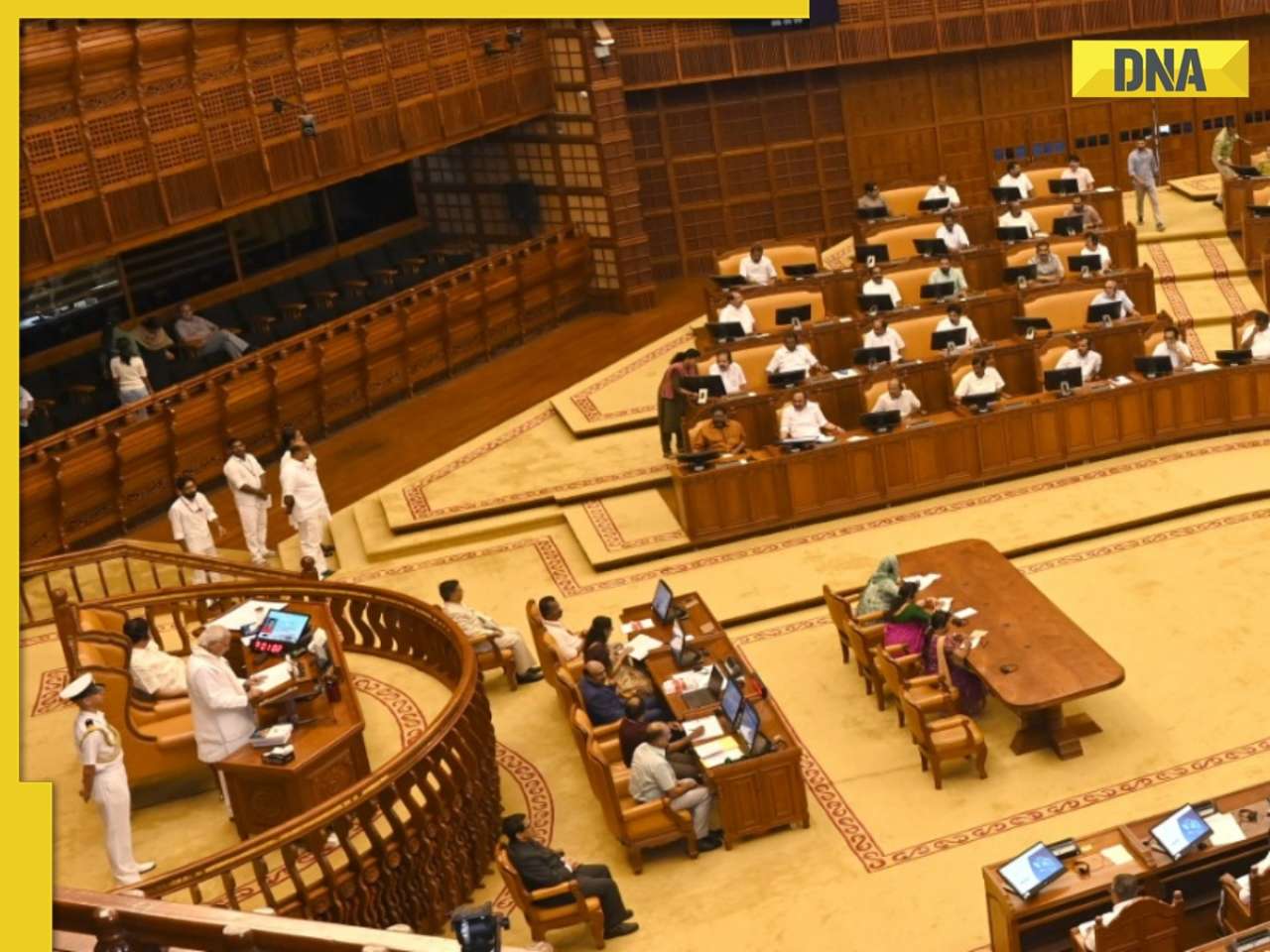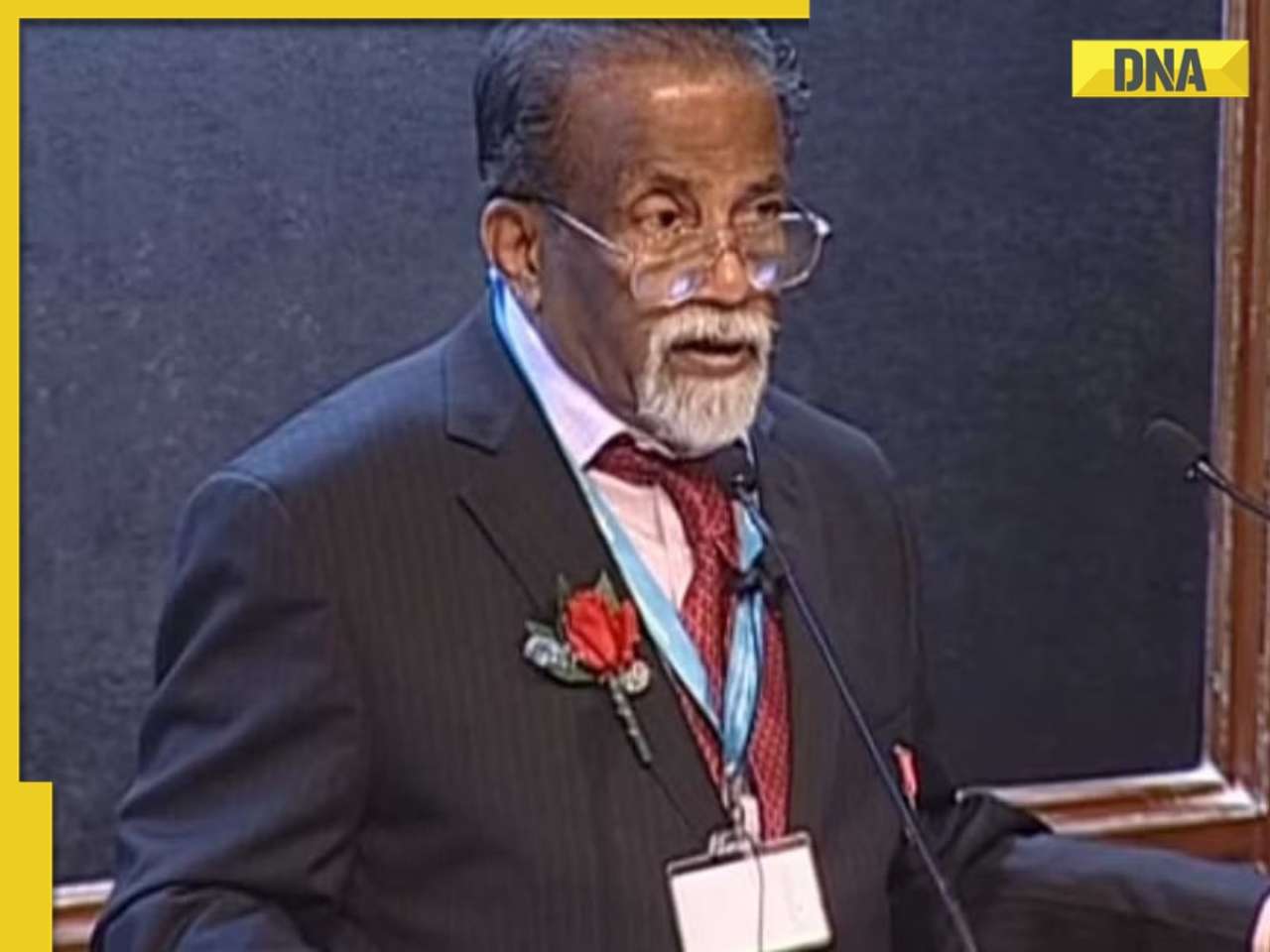Looks like the International Cricket Council (ICC) wants to preserve the primacy of Test cricket, after all. In an unprecedented move, the game's governing body has decided to give Associate countries a shot at playing the longest format of the game by introducing the 'ICC Test Challenge'.
According to the proposal tabled at and approved by the ICC Board in Dubai on Thursday, the side ranked 10th (and last) on the ICC Test table on December 31, 2017, or at the conclusion of any series in progress at that time, will play two five-day matches at home and two five-day matches away against the winner of the ICC Intercontinental Cup. The first edition of the 'ICC Test Challenge' will be held in 2018.
The ICC Intercontinental Cup, a tournament played over two-and-a-half years, will run from 2015 to 2017 and 2019 to 2021. Consequently, the second 'ICC Test Challenge' will be held in 2022.
The modalities are yet to be finalised, though. It is, however, certain that the lowest-ranked Test team "will not lose its Test status, voting rights or privileges". That's how an ICC insider put it. He also revealed that the playing conditions of the same will be formulated by the ICC Chief Executives' Committee. "You must realise this a noble and novel idea. It's a bid day for the Associates. Who knows, one of them could become the 11th Test-playing nation in four years from now."
As of now, several questions remain unanswered. What if the I-Cup winner manages two wins and two losses or, for that matter, four respectable draws against the Test team? Will they still be promoted
What if the Test nation fields a second-string side? After all, they have nothing to lose.
Will the No. 10-ranked Test nation be duly compensated for playing four five-day matches against an Associate? Wouldn't they (Bangladesh, as of now) be better off signing a bilateral deal with a big-ticket board like the BCCI?
Also, it's common knowledge that the likes of Bangladesh and Zimbabwe are also-rans in the world of Test cricket. What's the point of fielding a proven, champion Associate side take on the worst Test team?
"The 'ICC Test Challenge' now opens the door for Associate members to play Test cricket and in doing so gives even greater context to the ICC Intercontinental Cup which will now be a pathway to Test cricket," ICC chief executive David Richardson said.
The ICC Board also agreed a long-term work plan to support the implementation of the resolutions (read 'Position Paper', granting all executive powers to the 'Big Three') which do not require constitutional change. At the same time, it also authorised the drawing up of the necessary constitutional amendments which will be placed before the full council at the ICC Annual Conference to be held in Melbourne in June-end.
Following the success of the ICC World Twenty20 in Bangladesh, the ICC Board agreed that the same format be retained for the 2016 ICC World Twenty20 in India. The top eight teams will automatically qualify for the second round, while the ninth and 10th-ranked teams will get automatic places in the first round. The six qualifiers will progress from the 14-team ICC World Twenty20 Qualifier 2015, which will be staged in Ireland and Scotland.
![submenu-img]() Sonakshi Sinha talks about life after marrying Zaheer Iqbal, reacts to pregnancy rumours: 'Hum hospital...'
Sonakshi Sinha talks about life after marrying Zaheer Iqbal, reacts to pregnancy rumours: 'Hum hospital...' ![submenu-img]() Watch: Rohit Sharma's hilarious take on Suryakumar's T20 World Cup Final catch goes viral
Watch: Rohit Sharma's hilarious take on Suryakumar's T20 World Cup Final catch goes viral![submenu-img]() Mukesh Ambani's Antilia decked up in stunning lights for Anant Ambani-Radhika Merchant wedding, watch video goes viral
Mukesh Ambani's Antilia decked up in stunning lights for Anant Ambani-Radhika Merchant wedding, watch video goes viral![submenu-img]() Maharashtra CM Eknath Shinde announces prize money for T20 World Cup-winning Team India
Maharashtra CM Eknath Shinde announces prize money for T20 World Cup-winning Team India![submenu-img]() UEFA Euro 2024: When and where to watch Portugal vs France quarter-final live on TV and online in India
UEFA Euro 2024: When and where to watch Portugal vs France quarter-final live on TV and online in India![submenu-img]() Scrapping NEET-UG exam not rational, will jeopardise interest of honest students: Centre to SC
Scrapping NEET-UG exam not rational, will jeopardise interest of honest students: Centre to SC![submenu-img]() Meet Indian science genius who won over 100 awards, inspired character played by Akshay Kumar, he is called...
Meet Indian science genius who won over 100 awards, inspired character played by Akshay Kumar, he is called...![submenu-img]() NEET PG entrance exam new date out: Exam to be held on...
NEET PG entrance exam new date out: Exam to be held on...![submenu-img]() Meet India's youngest Chartered Accountant, completed PG at 18, holds double Guinness Record for...
Meet India's youngest Chartered Accountant, completed PG at 18, holds double Guinness Record for...![submenu-img]() Meet Indian genius, who worked on NASA's Rs 73700 crore project, married to a scientist, she is...
Meet Indian genius, who worked on NASA's Rs 73700 crore project, married to a scientist, she is...![submenu-img]() UK PM Rishi Sunak Resigns, Concedes Defeat To Keir Starmer In UK Polls As Labour Wins Over 300 Seats
UK PM Rishi Sunak Resigns, Concedes Defeat To Keir Starmer In UK Polls As Labour Wins Over 300 Seats![submenu-img]() Rahul Gandhi Meets The Victims Of Hathras Stampede, Assures Full Support From Congress
Rahul Gandhi Meets The Victims Of Hathras Stampede, Assures Full Support From Congress![submenu-img]() UK PM Rishi Sunak Resigns, Concedes Defeat To Keir Starmer In UK Polls As Labour Wins Over 300 Seats
UK PM Rishi Sunak Resigns, Concedes Defeat To Keir Starmer In UK Polls As Labour Wins Over 300 Seats![submenu-img]() Breaking News: Fire Breaks Out At Logix Mall In Noida, Rescue Operation Underway | Uttar Pradesh
Breaking News: Fire Breaks Out At Logix Mall In Noida, Rescue Operation Underway | Uttar Pradesh![submenu-img]() Hathras Stampede: What Caused Hathras Stampede, Victim’s Daughter Narrates Horrific Mishap
Hathras Stampede: What Caused Hathras Stampede, Victim’s Daughter Narrates Horrific Mishap![submenu-img]() DNA Verified: Did Kangana Ranaut party with gangster Abu Salem? Actress reveals who's with her in viral photo
DNA Verified: Did Kangana Ranaut party with gangster Abu Salem? Actress reveals who's with her in viral photo![submenu-img]() DNA Verified: New Delhi Railway Station to be closed for 4 years? Know the truth here
DNA Verified: New Delhi Railway Station to be closed for 4 years? Know the truth here![submenu-img]() DNA Verified: Did RSS chief Mohan Bhagwat praise Congress during Lok Sabha Elections 2024? Know the truth here
DNA Verified: Did RSS chief Mohan Bhagwat praise Congress during Lok Sabha Elections 2024? Know the truth here![submenu-img]() DNA Verified: Is CAA an anti-Muslim law? Centre terms news report as 'misleading'
DNA Verified: Is CAA an anti-Muslim law? Centre terms news report as 'misleading'![submenu-img]() DNA Verified: Lok Sabha Elections 2024 to be held on April 19? Know truth behind viral message
DNA Verified: Lok Sabha Elections 2024 to be held on April 19? Know truth behind viral message![submenu-img]() Kamal Haasan's Indian 2 gets U/A certificate, CBFC asks these 5 changes, including replacement of...
Kamal Haasan's Indian 2 gets U/A certificate, CBFC asks these 5 changes, including replacement of...![submenu-img]() In pics: Team India's T20 World Cup victory parade in Mumbai
In pics: Team India's T20 World Cup victory parade in Mumbai![submenu-img]() Meet actor who worked as door-to-door salesman, earned Rs 1600, struggled for 3 years after debut, became star with...
Meet actor who worked as door-to-door salesman, earned Rs 1600, struggled for 3 years after debut, became star with...![submenu-img]() From Salman Khan, Justin Bieber to Karan Aujla, check full list of star performances at Anant Ambani-Radhika's sangeet
From Salman Khan, Justin Bieber to Karan Aujla, check full list of star performances at Anant Ambani-Radhika's sangeet![submenu-img]() 5 warm moments Ranveer Singh shared with fans that show why he is their favourite
5 warm moments Ranveer Singh shared with fans that show why he is their favourite![submenu-img]() Anvita Group takes up Rs 2000 crore mega residential realty project
Anvita Group takes up Rs 2000 crore mega residential realty project![submenu-img]() Love problem solution in Canada, USA, UK - Astrologer Manish Sharma
Love problem solution in Canada, USA, UK - Astrologer Manish Sharma ![submenu-img]() Out on parole, Amritpal Singh, Engineer Rashid take oath as Lok Sabha MPs
Out on parole, Amritpal Singh, Engineer Rashid take oath as Lok Sabha MPs![submenu-img]() 'Will be engaging experts...': Assam CM Himanta Biswa Sarma visits flood-hit areas in Dibrugarh
'Will be engaging experts...': Assam CM Himanta Biswa Sarma visits flood-hit areas in Dibrugarh![submenu-img]() Weather update: Delhi-NCR likely to receive moderate rainfall with thunderstorms today, check IMD forecast
Weather update: Delhi-NCR likely to receive moderate rainfall with thunderstorms today, check IMD forecast![submenu-img]() Lok Sabha Speaker's Election: What does the Constitution say?
Lok Sabha Speaker's Election: What does the Constitution say?![submenu-img]() Explained: Why is Kerala demanding to change its name to Keralam?
Explained: Why is Kerala demanding to change its name to Keralam?![submenu-img]() DNA Explainer: What is Kafala system that is prevalent in gulf countries? Why is it considered extremely brutal?
DNA Explainer: What is Kafala system that is prevalent in gulf countries? Why is it considered extremely brutal? ![submenu-img]() Lok Sabha Elections 2024: What are exit polls? When and how are they conducted?
Lok Sabha Elections 2024: What are exit polls? When and how are they conducted?![submenu-img]() DNA Explainer: Why was Iranian president Ebrahim Raisi seen as possible successor to Ayatollah Khamenei?
DNA Explainer: Why was Iranian president Ebrahim Raisi seen as possible successor to Ayatollah Khamenei?![submenu-img]() Sonakshi Sinha talks about life after marrying Zaheer Iqbal, reacts to pregnancy rumours: 'Hum hospital...'
Sonakshi Sinha talks about life after marrying Zaheer Iqbal, reacts to pregnancy rumours: 'Hum hospital...' ![submenu-img]() Meet singer with Rs 2350 net worth performing at Anant Ambani-Radhika Merchant's sangeet ceremony, he owns...
Meet singer with Rs 2350 net worth performing at Anant Ambani-Radhika Merchant's sangeet ceremony, he owns...![submenu-img]() How many crores is Badshah charging on Anant Ambani, Radhika Merchant's sangeet ceremony
How many crores is Badshah charging on Anant Ambani, Radhika Merchant's sangeet ceremony![submenu-img]() Samantha slammed by doctor for spreading 'misinformation' about alternate therapies: 'She is a serial offender'
Samantha slammed by doctor for spreading 'misinformation' about alternate therapies: 'She is a serial offender'![submenu-img]() After criticising Kalki, Mukesh Khanna makes another big statement against Prabhas film, claims Shaktimaan will be..
After criticising Kalki, Mukesh Khanna makes another big statement against Prabhas film, claims Shaktimaan will be..![submenu-img]() Mukesh Ambani's Antilia decked up in stunning lights for Anant Ambani-Radhika Merchant wedding, watch video goes viral
Mukesh Ambani's Antilia decked up in stunning lights for Anant Ambani-Radhika Merchant wedding, watch video goes viral![submenu-img]() In a first, robot commits suicide because he was made to do...
In a first, robot commits suicide because he was made to do...![submenu-img]() NASA reveals 120-foot asteroid, as big as a plane, will approach Earth on this day at a massive speed of...
NASA reveals 120-foot asteroid, as big as a plane, will approach Earth on this day at a massive speed of... ![submenu-img]() Inside pics of Dubai villa that Mukesh Ambani, Nita Ambani gifted their 'choti bahu' Radhika Merchant, it is worth Rs…
Inside pics of Dubai villa that Mukesh Ambani, Nita Ambani gifted their 'choti bahu' Radhika Merchant, it is worth Rs…![submenu-img]() Anant Ambani-Radhika Merchant wedding: Who all are invited by Mukesh Ambani, Nita Ambani for the grand wedding
Anant Ambani-Radhika Merchant wedding: Who all are invited by Mukesh Ambani, Nita Ambani for the grand wedding



































































)
)
)
)
)
)